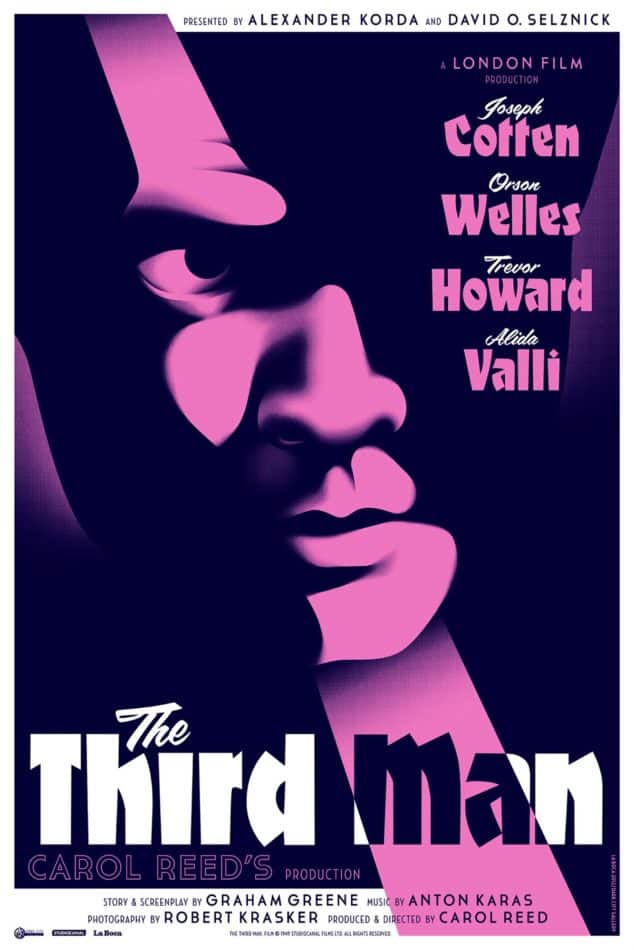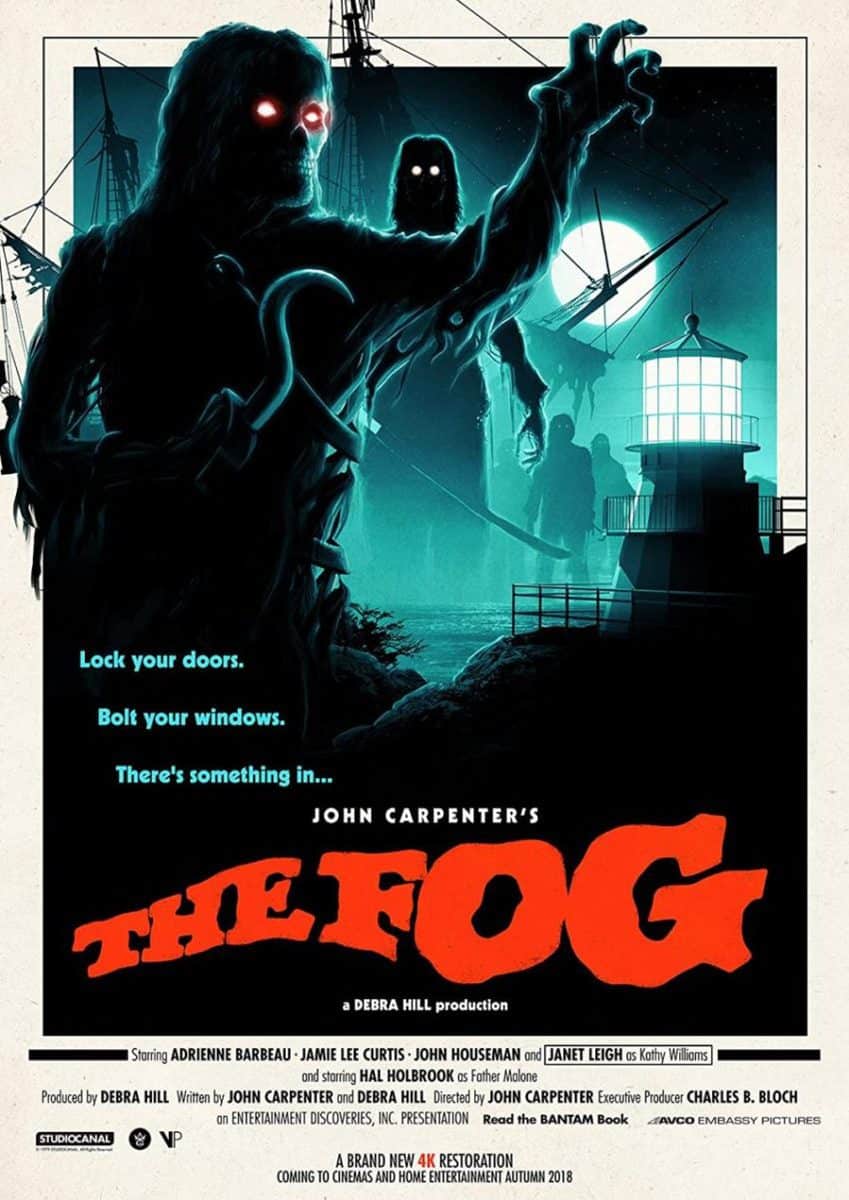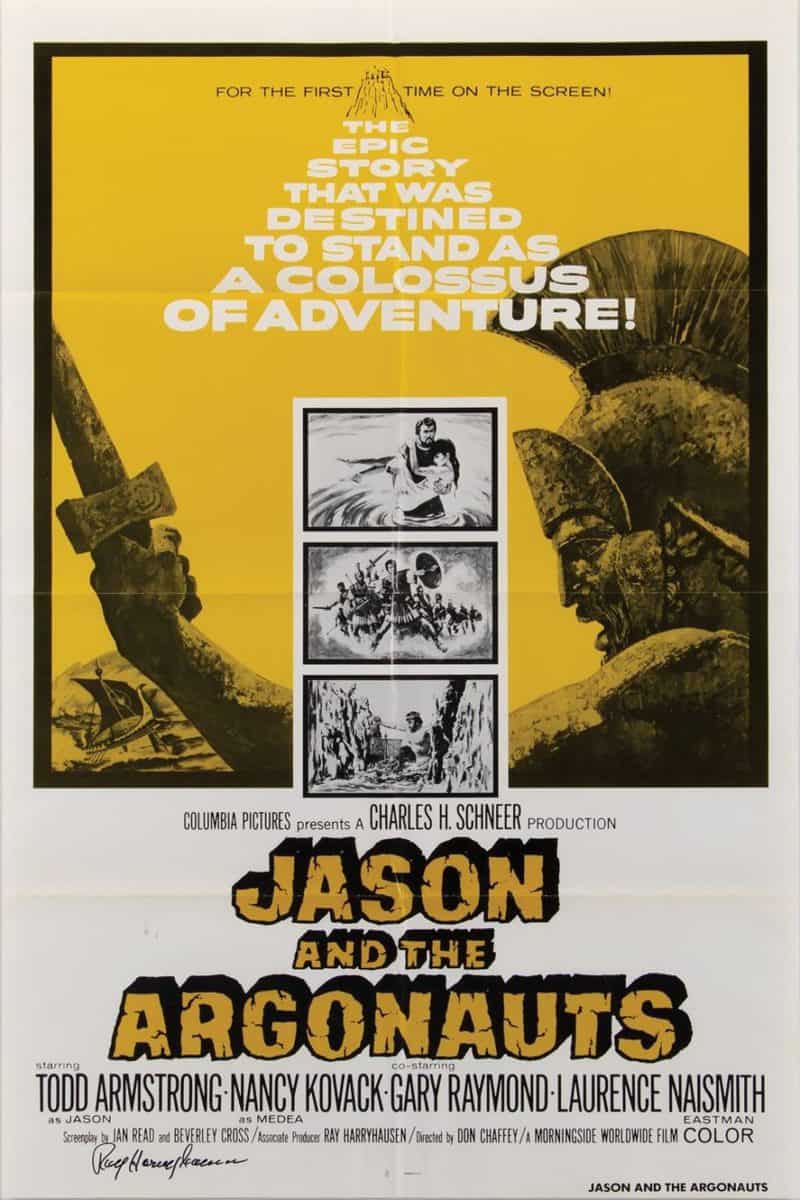
Sometimes a great score’s attachment to a commercial bomb means the score itself will quickly disappear into the void. Blonde presents a slight variant. Instead of box office poison, the film’s graphic portrayals of violence and abuse drew widespread repulsion. By the time year-end awards and best-of lists rolled around, the only trace of Blonde was Ana de Armas’s hypnotic portrayal of Norma Jeane Mortenson (aka Marilyn Monroe). Nowhere to be found was Nick Cave and Warren Ellis’s score, certainly among the best of the year. Perhaps their score was fouled by the taint of the film, or maybe critics and viewers wouldn’t put themselves through another viewing. Either way, it caused a great score to slip by.
The brilliance of Cave and Ellis’s score is their ability to capture the duality of Blonde, of Norma Jeane seemingly living a fantasy while also subjected to utter hell. Cave and Ellis draw out gentle synths, letting them linger like a delicate touch. Into this tranquil air they add another, then another. Soon the single touch has become a chorus, lifting the listener to the heavens in a great, comforting ascension, becoming the star of stars.
It’s hard to think of scores with a more immersive effect. Through Cave and Ellis, we too experience the fantasy of Norma Jeane, we inhabit that once-little girl and feel the dreams of fame and family come true. We are spellbound, drifting into languor, into space, as even the depths of the cosmos come into our celestial grasp. But the spell eventually breaks.
At times it’s painful, noisy, disorienting; a frightful chaos that channels the torture we see Norma Jeane endure (even if she isn’t necessarily cognizant of it). At other times it’s lonely, isolation even among the throngs of mobbing fans.
Some of the most impressive aspects of the score are the subtle touches. There are occasional Mickey Mousing moments, such as notes synchronized with the flashing of photographer’s bulbs or gut-punch disappointment the second Norma Jeane hears bad news about her father. Nowadays, this technique is quite rare, especially in live action drama, often feeling both outdated and too on the nose. Yet here it’s deftly handled and quite easy to miss. Cave and Ellis even manage to imbue their music with an inert nostalgia during certain sequences between Norma Jeane and Arthur Miller. Initially, married life for the two is treated as true divinity, shot like home videos, a realization of the ideal domestic life. The nostalgic feel of the music buries these moments in the past, treating them like idealized memories, making Norma Jeane long for a past – and a life – that never existed.
You can find plenty of scores that tread in similar duality, especially in character-driven films. What’s exceptionally difficult is finding ones as equally emotive, whether that be when a dream comes true or waking up and realizing it was never real. Blonde is an engrossing, beautiful listen; Blonde is a sickening, painful listen.
Editor’s Note: This score appeared both in our article on the best scores of September 2022 and the best scores of 2022.




1 thought on “Blonde – Nick Cave and Warren Ellis – Score Review”
Comments are closed.